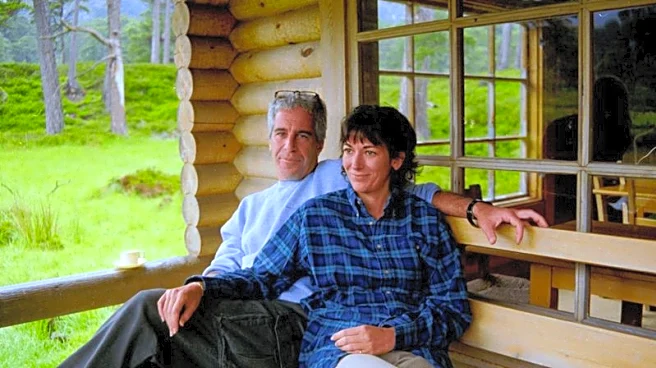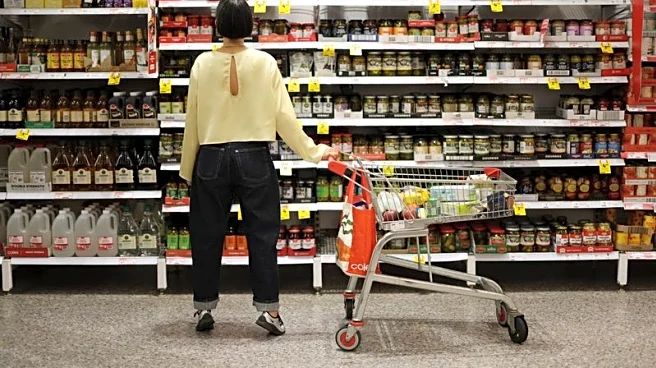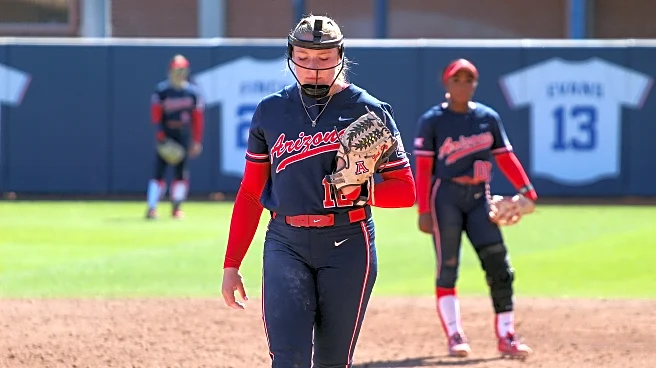Rapid Read • 7 min read
The Democratic Republic of the Congo (DRC) is witnessing a surge in human rights violations as conflict between government forces and armed groups intensifies. Reports indicate widespread sexual and gender-based violence, extrajudicial executions, and arbitrary detentions. The humanitarian situation is dire, with millions displaced and living in precarious conditions. The government's imposition of martial law in certain provinces has further restricted freedoms, leading to protests and international condemnation. The justice system faces challenges, with increased death sentences and allegations of torture in detention centers.
AD
The escalation of human rights violations in the DRC highlights the urgent need for international intervention and support to protect civilians and uphold human rights. The conflict's impact on vulnerable populations, particularly women and children, is profound, exacerbating the humanitarian crisis. The government's actions, including the resumption of executions, raise concerns about the rule of law and justice. Addressing these violations is crucial for the DRC's stability and development, as well as for regional peace.
International organizations, including the United Nations and Amnesty International, are likely to increase pressure on the DRC government to address human rights violations and improve governance. Efforts to provide humanitarian aid and support peace-building initiatives will be critical. The government's focus on legal reforms and accountability measures will be essential in restoring trust and stability. Diplomatic interventions may be necessary to resolve the conflict and protect human rights.
The DRC's human rights crisis underscores deeper issues of governance, justice, and social inequality. The exploitation of natural resources and forced evictions raise ethical concerns about environmental impact and equitable distribution. The government's actions, including restrictions on freedoms, highlight the need for comprehensive reforms to uphold human rights and foster inclusive governance. Long-term peace and stability require addressing historical grievances and fostering reconciliation.
AD
More Stories You Might Enjoy












